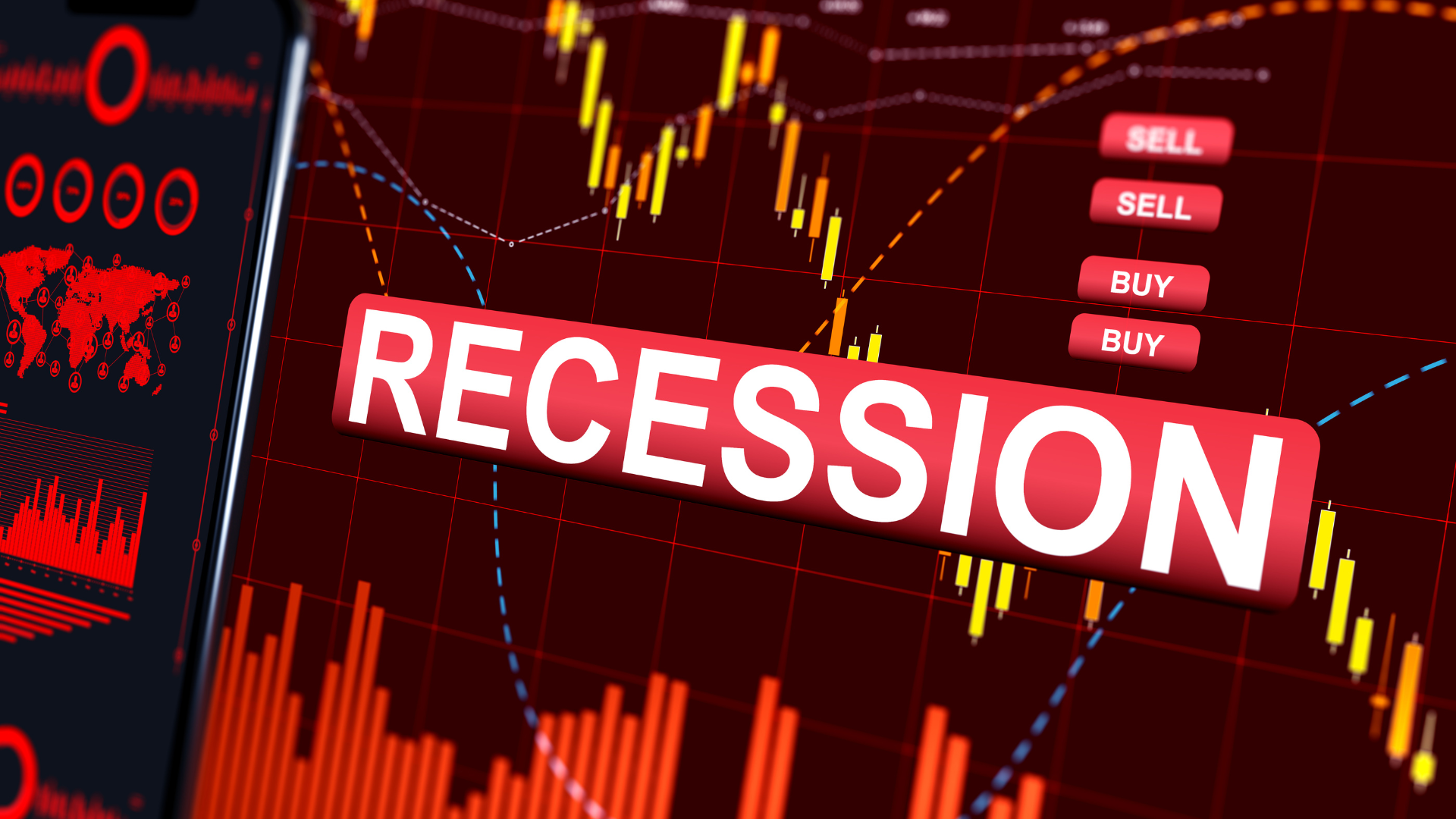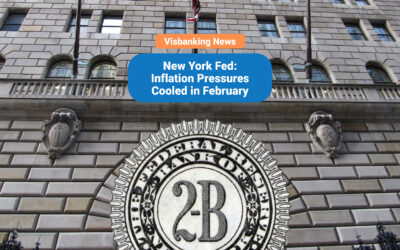By: Ken Chase.
Estimated reading time: 3 minutes
When U.S. officials confirmed that the economy had contracted in the second quarter of 2022—the second consecutive quarter of negative growth—the average American could be excused for assuming that the announcement meant that the U.S. was officially in recession. After all, two consecutive quarters of negative growth has always been defined as recession in the modern era. Strangely, though, many political, media, and financial observers immediately rejected any suggestion that a recession was underway.
Even as supermajorities of Americans told pollsters that they believed the U.S is in recession, the so-called experts have pointed to factors like low unemployment and an expanding gross domestic income as counterarguments to any recession talk. Meanwhile, the nation’s highest elected official falsely claimed in June that the U.S. has the “fastest growing economy in the world.”
Recent reports suggest that reality is clearly overtaking wish-casting fantasy, as the Commerce Department this week confirmed that the country’s gross domestic income—that US economic output measure that some were citing as evidence of a strong economy—grew far more slowly in the first half of 2022 than previously estimated. According to the new data, GDI in the first quarter grew at only a 0.9 percent annual rate, a full point less than previously reported.
Meanwhile, second quarter GDI growth was basically flat at 0.1 percent, much less than the 1.4 percent growth that the government had initially estimated. That two quarters of nearly flat GDI growth, along with negative growth in GDP over the same period, lend credence to the idea that this current downturn can and should be defined as a recession.
Both metrics are considered key indicators, with GDP measuring the total value of all goods and services created and sold in the nation, and GDI measuring the total amount of money earned by businesses, individuals, and other entities.
It is also worth noting that many economists prefer to average the GDI and GDP numbers, to get what they believe to be a more accurate assessment of economic output. In this case, that average would reveal a slight decline in economic output throughout the first six months of the year—again, meeting the technical definition of recession.
And while the unemployment rate remains low, that fact alone is not demonstrative of a healthy economy. After all, the nation only recently recovered all of the jobs that were intentionally put on hold by state governments during the pandemic, as millions of American workers have finally returned to work in the new lockdown-free economy. With many major firms now sending signals that future hiring may be put on hold during the present economic uncertainty, the question is how long that low unemployment will hold.
Also worth noting is the fact that inflation continues to remain at stubbornly high levels, despite repeated interest rate hikes from the Federal Reserve. That inflation will draw even more aggressive action from the Fed, which has vowed to continue its inflation-fighting efforts until rising prices are reined in once again. Historically, aggressive rate increases by the Fed have made already tense economic conditions even worse.
By any reasonable apolitical measure, the U.S. economy is on troubled footing. Raging inflation, rising interest rates, slower growth, and worse-than-expected income growth are anything but healthy indicators of a growing economy. That bottom line should be obvious to everyone, regardless of whether they want to accept the truth: this is a recession.




